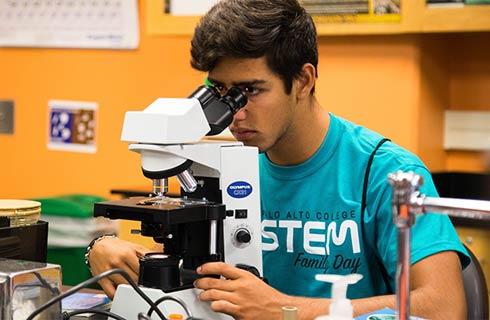电气工程理学硕士-系统工程
Master of Science in Electrical Engineering- Systems Engineering

学历文凭
Masters Degree

专业院系

开学时间

课程时长

课程学费

国际学生入学条件
IDP—雅思考试联合主办方

雅思考试总分
6.5
- 雅思总分:6.5
- 托福网考总分:79
- 托福笔试总分:550
- 其他语言考试:PTE minimum score of 59
CRICOS代码:
申请截止日期: 请与IDP联系 以获取详细信息。
课程简介
Electrical and Computer Engineering (ECE) at LSU applies fields of science and mathematics that relate to the sensing, communicating, and processing of information as well as the electrical, optical, and magnetic properties of the materials and the generation and transport of electrical energy. Among the many opportunities within the field of electrical engineering are careers involving computers, communications, automatic control, electronics, and electrical energy. ECE graduates have been successful in industry, academia, and entrepreneurial activities, both in this country and abroad. Faculty and students conduct cutting-edge research in a number of electrical and computer engineering areas that make an impact on their respective disciplines.<br><br>The Division of Electrical & Computer Engineering offers programs of study leading to the MS and PhD degrees. Areas of study include Automatic Control (system identification, robust, adaptive, fault-tolerant , and networked feedback control); Communications and Signal Processing (digital, computer, and wireless communications, data compression, digital signal processing, and image processing); Computers (computer architectures, computer graphics, parallel and distributed computing, compilers, embedded systems, reconfigurable computing, computer vision, and fault tolerant computing); Electronics (electronic materials and devices, micro - and nano-technologies, nanophotonics, electro-optics and VLSI circuitssystems design); and Power (power electronics, harmonic analysis, electric machines, variable speed drive, power system stability and control, renewable energies, smart grid and energy conversion). An interdisciplinary concentration in Information Technology is also available.
相关申请
 预科
预科 奖学金
奖学金 实习机会
实习机会 在校学习
在校学习 跨境学习
跨境学习 校园授课-线上开始
校园授课-线上开始 在线/远程学习
在线/远程学习
开学时间&学费
学费信息仅供参考,请与IDP联系以获取详细信息
| 开学时间 | 时长 | 学费 | 地点 |
|---|
学校排名

世界排名501
数据源:
泰晤士高等教育世界大学排名
本校相关课程

Bachelor of Science in Agricultural Business
学历文凭
Bachelor Degree
开学日期
课程费用总额


Bachelor of Science in Agricultural Education
学历文凭
Bachelor Degree
开学日期
课程费用总额


Bachelor of Science in Environmental Management Systems
学历文凭
Bachelor Degree
开学日期
课程费用总额


Bachelor of Science in Natural Resource Ecology and Management
学历文凭
Bachelor Degree
开学日期
课程费用总额


Bachelor of Science in Plant and Soil Systems
学历文凭
Bachelor Degree
开学日期
课程费用总额


Bachelor of Science in Textiles, Apparel and Merchandising
学历文凭
Bachelor Degree
开学日期
课程费用总额

其他相关课程

电气与计算机工程哲学博士
 滑铁卢大学
滑铁卢大学学历文凭
Ph.D.
开学日期
课程费用总额


电气工程学士学位
 多伦多都会大学
多伦多都会大学学历文凭
Bachelor Degree
开学日期
课程费用总额


电子工程技术员文凭
 尼亚加拉学院
尼亚加拉学院学历文凭
Bachelor Degree
开学日期
课程费用总额


电子工程技术高级文凭(合作社)
 尼亚加拉学院
尼亚加拉学院学历文凭
Bachelor Degree
开学日期
课程费用总额


电子工程技术员文凭
 德恒学院
德恒学院学历文凭
Bachelor Degree
开学日期
课程费用总额


电气工程技术员文凭
 德恒学院
德恒学院学历文凭
Foundation for Undergraduate
开学日期
课程费用总额










 美国
美国
